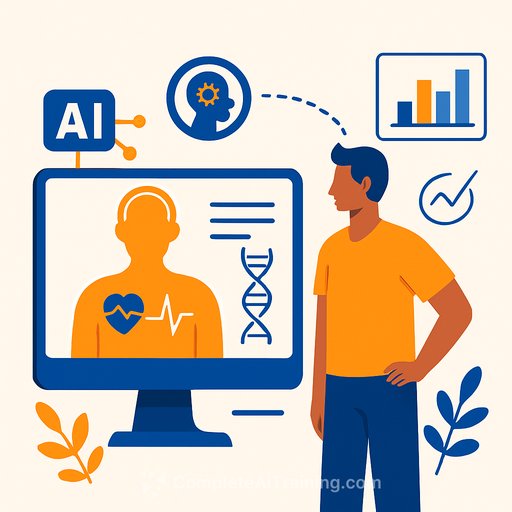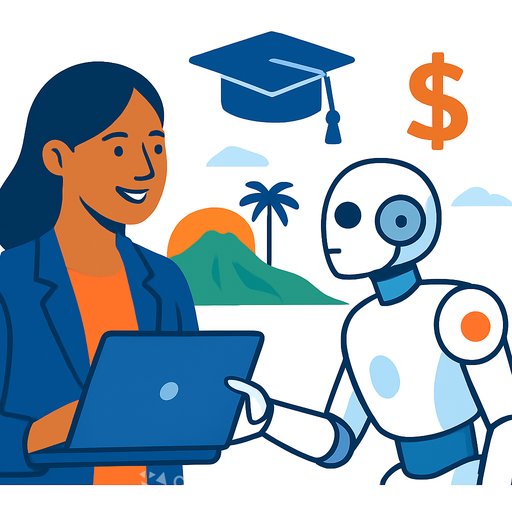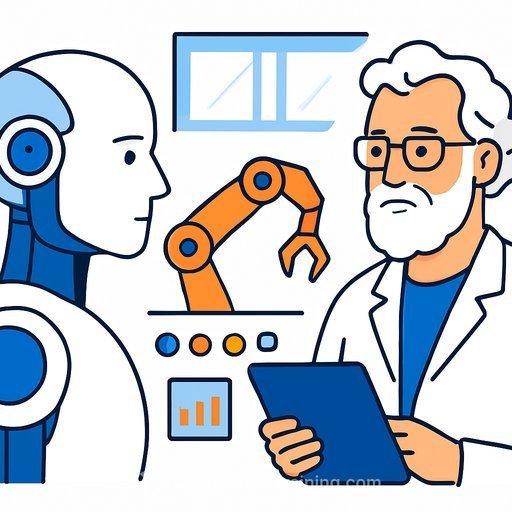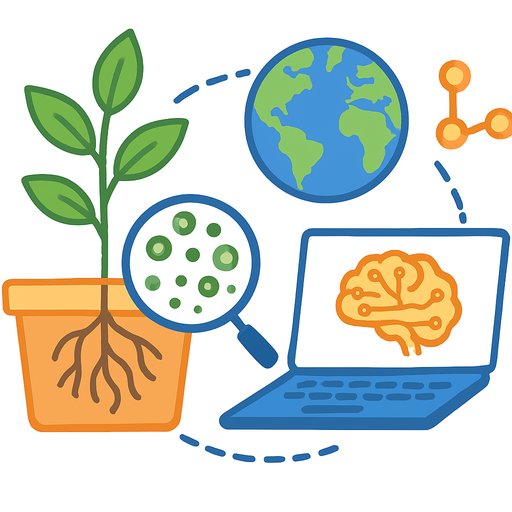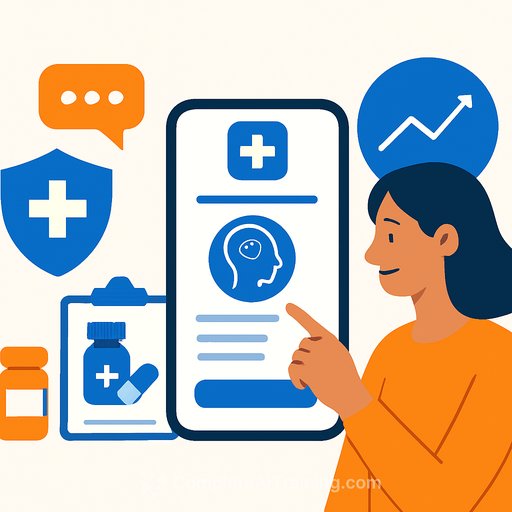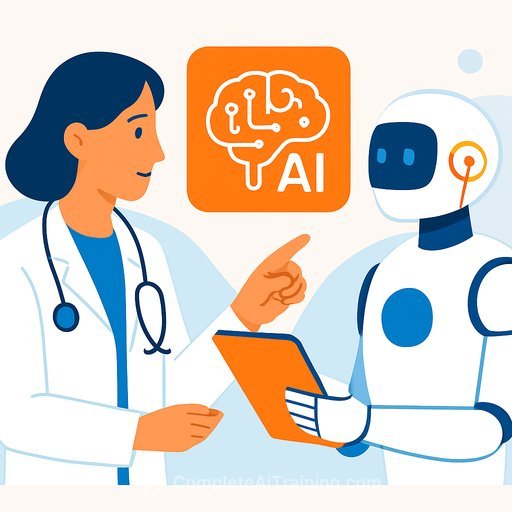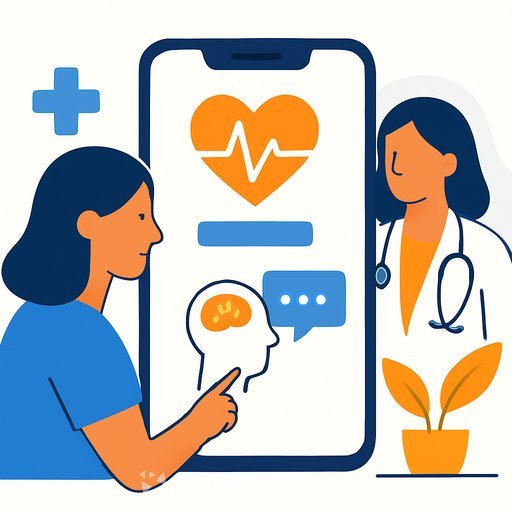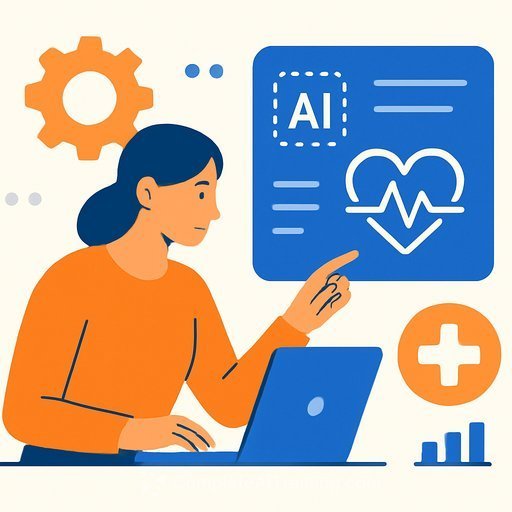AI-Powered Digital Twin Predicts Personal Health Outcomes
Before making important decisions, we often run through scenarios in our minds to choose the best path. When it comes to health, predicting how treatments or dietary changes will impact us individually is much harder. Researchers at the Weizmann Institute of Science, led by Prof. Eran Segal, have developed an AI-based "digital twin" that models personal health, predicts disease risks, and tests treatment outcomes virtually.
The Human Phenotype Project: A New Approach to Health Data
This breakthrough comes from the Human Phenotype Project, which has collected detailed medical data from over 13,000 participants worldwide. Unlike the Human Genome Project that mapped genes, this project acknowledges that factors like environment, microbiome, and aging significantly influence health.
Started in 2018, the project tracks thousands of participants through extensive medical tests every two years across 17 body systems. These tests include ultrasounds, nutritional logs, gene sequencing, microbiome analysis, and continuous glucose monitoring. The dataset is one of the most comprehensive collections of human health data available today.
With over 30,000 participants so far and plans to reach 100,000, the project is expanding globally with branches in Japan and the UAE. It now includes a wider age range to better capture ethnic, environmental, and cultural differences.
Sharing Data for Broader Impact
The project team has made this vast resource accessible to researchers worldwide, while protecting participant privacy. This openness aims to accelerate medical research and improve health outcomes globally.
Measuring Biological Age for Better Health Insights
Traditional medicine compares test results to average values based on age and sex, but individuals age differently. An AI model from the project analyzes physiological changes across body systems to determine a person’s biological age.
This model, created with the Pheno.AI platform, scores body systems against expected values for age, sex, and body mass index. Deviations signal increased disease risk. For example, the model identified pre-diabetes in 40% of participants who appeared healthy under standard tests by detecting abnormal glucose trends.
The study also revealed sex-specific aging patterns. Women experience accelerated biological aging during their 50s, linked to menopause. This insight allows earlier detection of menopause onset and better planning for hormonal treatments.
Early Detection Through Microbiome Signatures
The project uncovered unique microbiome changes associated with diseases like breast cancer, inflammatory bowel disease, and endometriosis. These microbial signatures provide a new avenue for early diagnosis beyond conventional methods.
Advancing Personalized Medicine with Digital Twins
The ultimate goal is to build a unified AI model—a digital twin—that integrates all collected data to predict future health events and recommend prevention strategies. This model is trained by predicting withheld medical data points, enabling it to generate a personalized health trajectory years in advance.
For instance, the team developed a model that predicts future glucose levels and identifies which pre-diabetic individuals are most at risk of developing diabetes within two years. This allows early intervention to prevent or delay the disease.
The digital twin also simulates the effects of dietary changes or medications for each participant, potentially eliminating trial-and-error in treatment selection. An app is being developed to provide participants direct access to their personal health data and predictions.
Prof. Segal emphasizes that this progress is thanks to the dedicated participants who continuously monitor their health. The project represents a significant step toward AI-driven, personalized healthcare.
Conclusion
The Human Phenotype Project shows how combining extensive human data with AI can transform health prediction and prevention. This approach moves beyond genetics alone to encompass lifestyle, environment, and biological changes over time.
For more scientific detail, see the original research published in Nature Medicine.
Your membership also unlocks:

